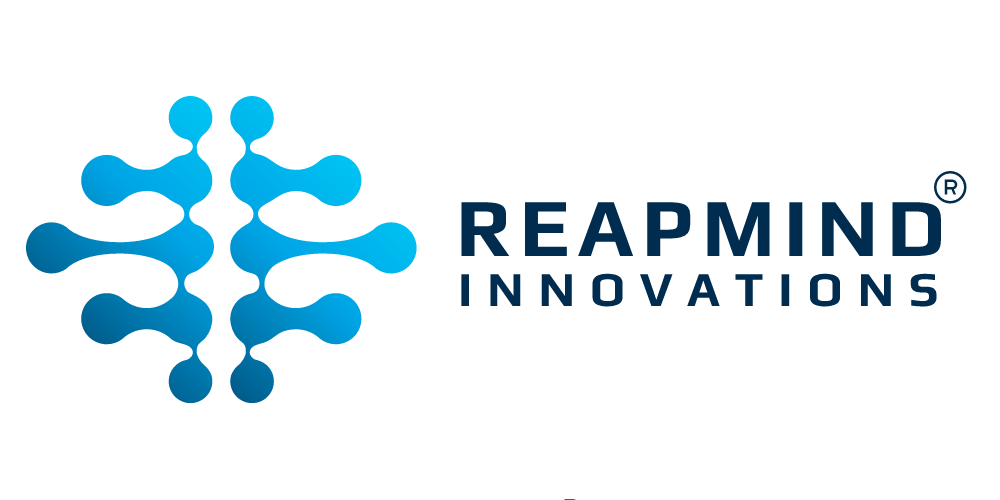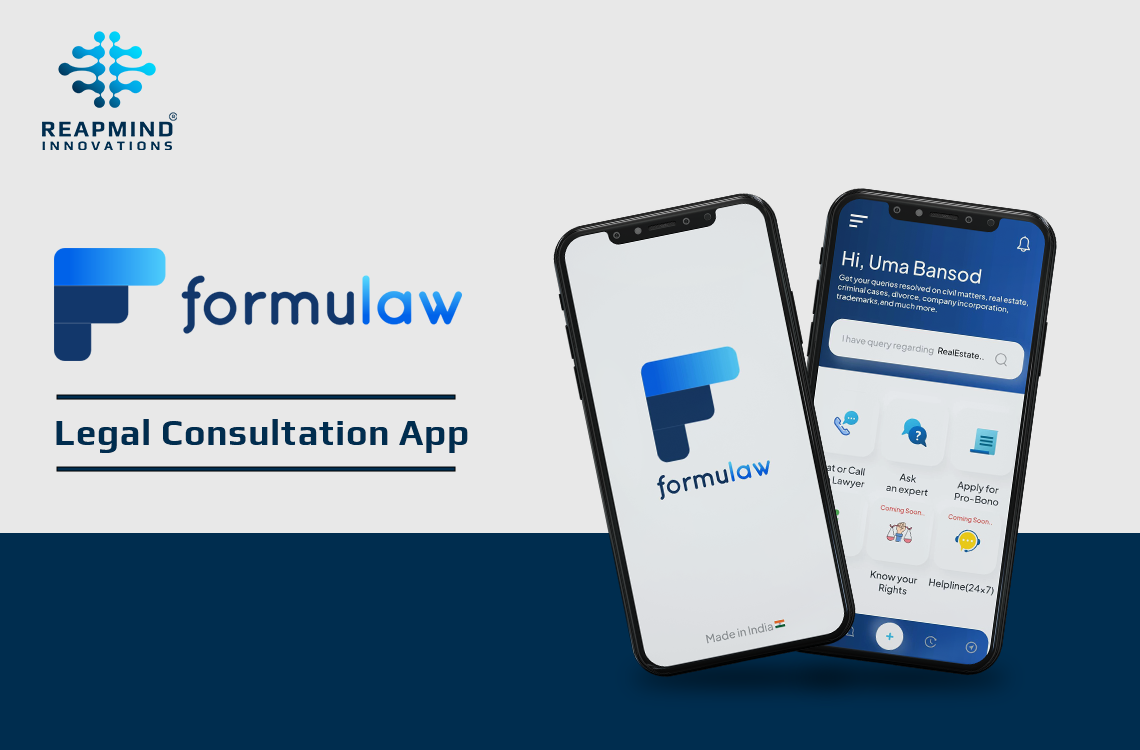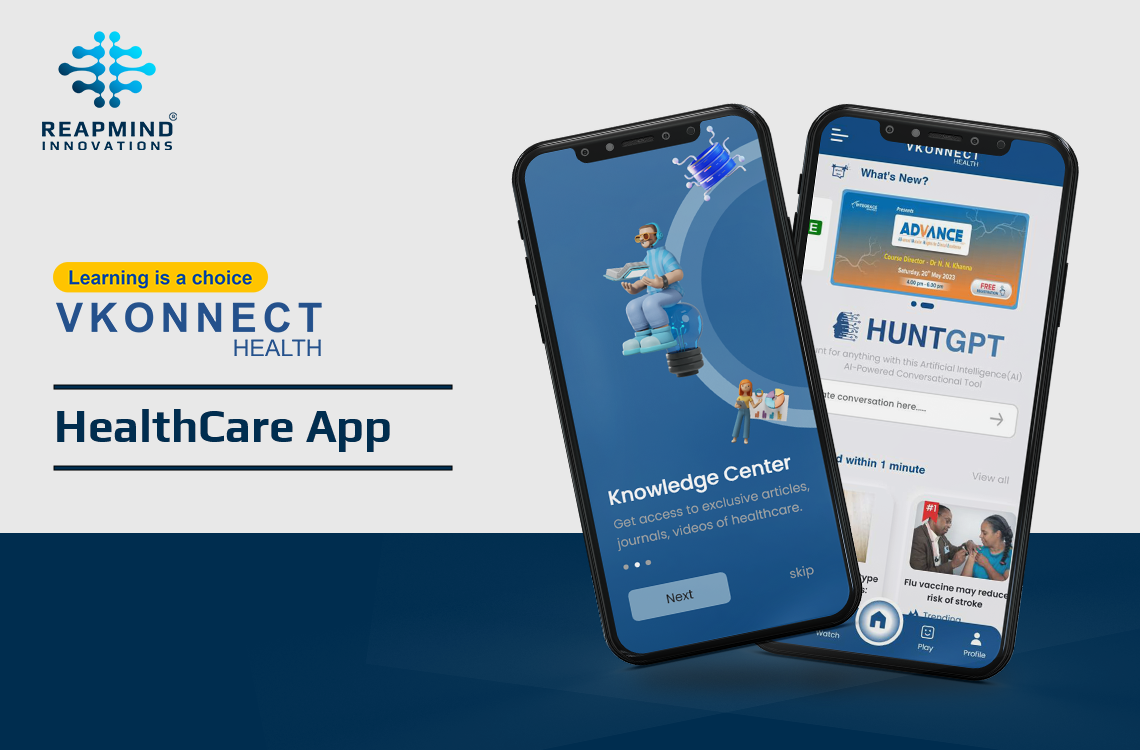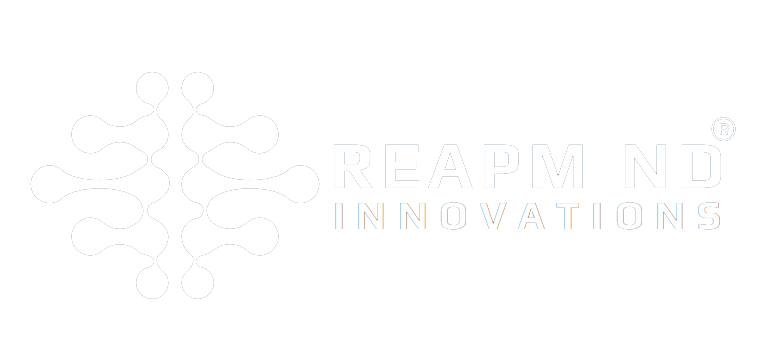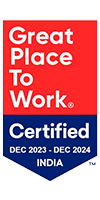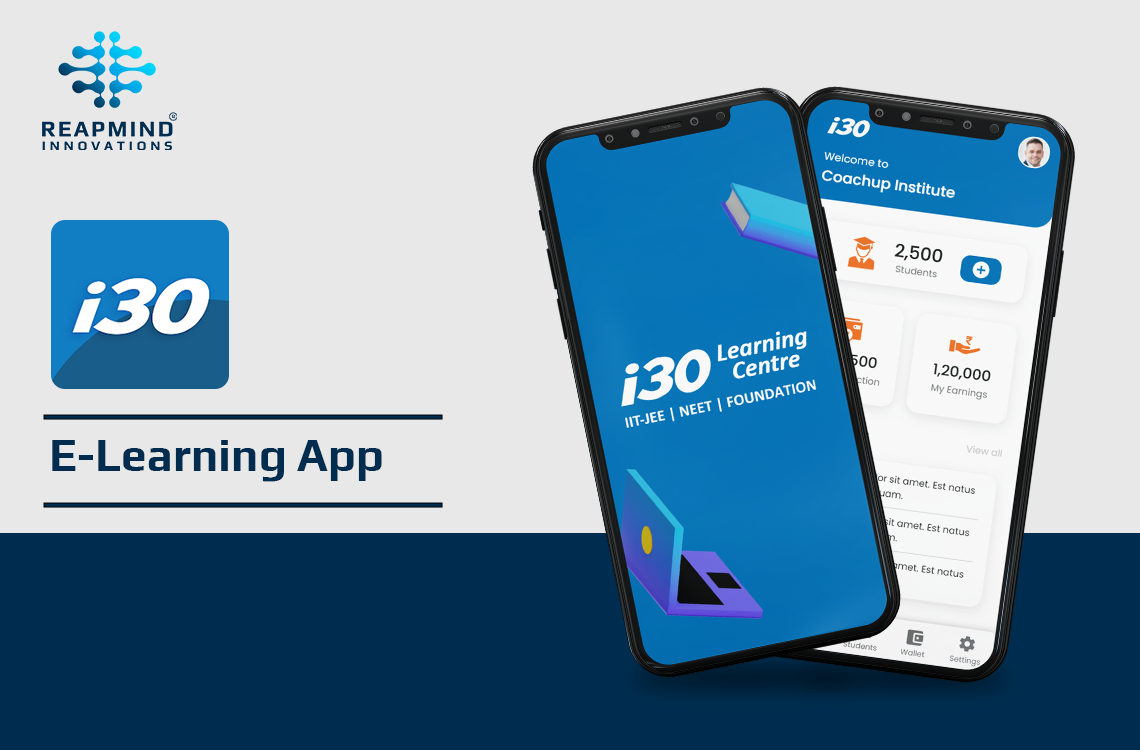
One File that Saves it All- Electronic Medical Record.
Patients benefit from better medical care because healthcare providers have access to complete and accurate data. An electronic medical record can increase the ability to diagnose diseases and reduce even prevent medical errors, resulting in better patient health outcomes. Helps improve engagement and communication between patients and healthcare providers. Prescriptions will be safer and more dependable as a result of this technology.
Our healthcare solutions at Reapmind are specifically suited to the demands of healthcare companies, supporting them in enhancing patient flow, treatment outcomes, and revenue and productivity. Most importantly, we assist in the design and development of a model that assists the healthcare business in delivering in a manner that allows one to dominate the market.
Have a Idea? Contact Us
Celebrating Success Stories
Empowering Our Clients to Achieve Unprecedented Heights


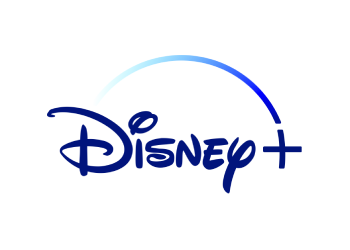
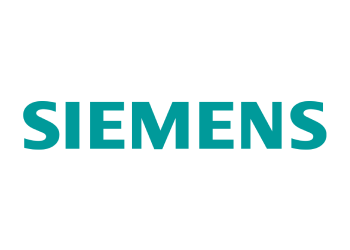


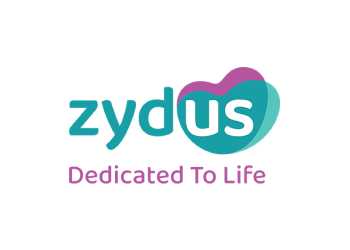
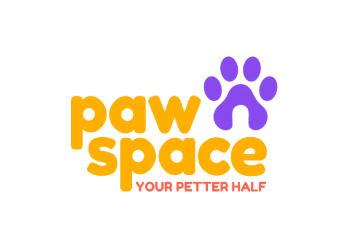

Best Electronic Medical Record Services
In electronic medical records just like paper medical records, it keeps track of patient data and medical history in electronic format. This documentation serves a variety of purposes, including maintaining a thorough record of patient care for future decision-making, promoting continuity of care across visits, and supporting diagnoses, treatment plans, and medication or other orders. The days of a family doctor remembering each patient’s medical history are long gone as the world’s population continues to grow. To keep track of births, deaths, immunizations, and each person’s whole medical history, healthcare providers rely on technology.
Why Choose ReapMind as your Envisioned Android App Development Partner?
Service Highlights
Popular Platform
Open Source
Easier Installation
Lower Development Cost
Popular Platform
Around 84.7% of Mobile devices are based out of the android platform and known to be the most user-friendly and beloved one among developers. Enjoy the benefit of embracing heavy downloads by creating android apps through accessing a proficient Android app development company. We are born to help businesses in developing comprehensive android apps with responsive UI design and impactful features that lead them to achieve required success.
Open Source
Android is an Open source platform implies it is royalty free and isn’t just stuck to the android market. This platform uncovers a lot of features for creativity and innovativeness. But for leveraging the android platform uniqueness you have to go behind the right android app developers in India, USA, and UK region that processes great skills in shaping out the incredible apps. And ReapMind android developers are been recognized for developing business transformational apps for global and local clients.
Easier Installation
In addition to the Google play store, android apps can be hosted on any third-party website. Android software development kit unlocks these impressive abilities to install the app directly on the device or through the command line. It can be the best reason for investing in the Android app development platform as the apps are available for a larger number of users. For the best utilization of the android platform to achieve your business goals need to emphasize choosing our android development team.
Lower Development Cost
When compared to any other mobile app platform, android is notable as an affordable platform as Google play store subscription for uploading the APK is lesser than other platforms. Gain higher revenue in less investment by preferring android as your desired app development platform for bringing out the best in your business. Achieve users winning android applications by getting greater support from our developers who are knowledgeable and experienced for crafting out the apps with advanced languages.

Patient Scheduling
An electronic medical record has a tool that helps set appointment allow office staff to simply book patients, register them, and select a reason for their visit. To prevent no-shows and improve collections, this electronic medical record system sends out automatic appointment reminders via email or text.
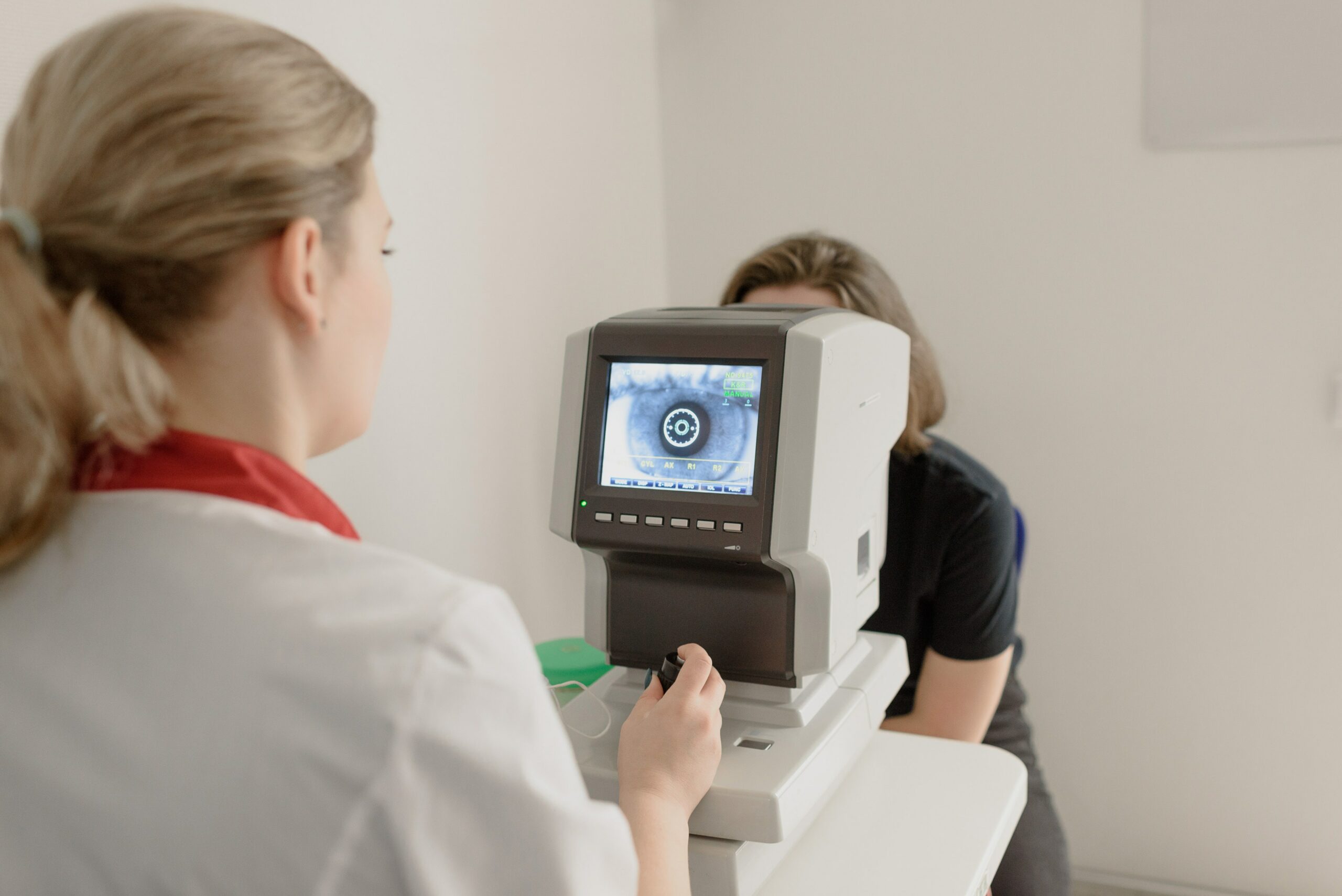
Patient Flow for Electronic Medical Record
To maximize productivity, one must first understand how patients flow through the business. To reduce inefficiencies, the most useful electronic medical record track patient flows in real-time. When a clean examination room is available, patients should never be forced to wait in the waiting room.

Task Management
Assist in managing the routine duties that clog up the everyday agenda. Signing notes, reviewing test findings, approving prescriptions, and responding to patient messages are all things that a quality system will remind healthcare providers to do. Won’t waste time looking for misplaced charts, waiting by the fax machine, or digging for missing patient information electronic medical records will get it done.

Patient History Charts
Patient information such as prescriptions, allergies, current disorders, vaccines, and other crucial data points are easily accessible with an electronic medical record. The EMR instantly records clinical content so that healthcare providers can document normal conditions and abnormalities with a few simple mouse clicks, minimizing transcription time and cost.

Detailed Reports for Medical Record
An electronic medical record system gives real-time access to clinical and financial data, allowing you to make better practice decisions. The ability to generate thorough reports that illustrate how progressing toward meaningful use. This will reveal where one should concentrate their efforts to qualify for those coveted government incentives.
Our end-end development process to get develop a perfect app
We believe in delivering flawless mobile apps that ensure our clients gain a legacy in their business space. With the standard development process our team design, deploy and deliver quality products that result in bringing intended outcome in terms of quality and efficiency.
Delivering services that empower businesses to reap the benefits of digital transformation
- Agile Approach
- Planning
- UI / UX Designing
- Coding
- Quality Assurance
- Launch
Get a Free Consultation
Catering to Diverse Sectors: Our Targeted
Industry Solutions












What clients say about us

Miss Gunjan Jain
Founder and CEO of Internationally Awarded Healthtech Ventures
At Vytal, our collaboration with Reapmind on two applications was exceptional. Their dynamic team grasped our unique needs, collaborating closely with our own. They not only created visually appealing apps but also ensured functionality and user-friendliness. Prompt issue resolution, transparent communication, and adaptable professionalism defined our experience. Highly recommend!

Mr. Matthew Carter
CTO of Leep Rideshare LLC
Partnering with Reapmind was a game-changer for Leep Rideshare. Their deep understanding and close collaboration resulted in appealing and user-friendly apps. Quick issue resolution, clear communication, and a flexible and professional approach made the journey remarkable. We highly recommend Reapmind for its exceptional relationship-driven solutions.

Mr. Jeremy Del Zotto
Founder & CEO - & Connection INC. (Canada)
Reapmind has been an outstanding product partner for & Connection INC. Their exceptional technical support has brought to life unique and innovative features that have significantly elevated our app's functionality and user experience. Reapmind’s commitment to delivering excellence has been instrumental in our success. Highly recommended for top-notch app development services.

S. D. Shibulal
Founder: Innovations Investment Management India Private Ltd (INDIA)
Reapmind's e-commerce web application development has been instrumental in our success. Their expertise has enabled us to establish a comprehensive e-retail ecosystem, and their contribution has added significant value to our business, enhancing our overall system and driving our success forward. Highly recommended!

Roland Owens
Director: Synerphase, Inc., Silicon Valley (USA)
At Synerphase, Inc., our collaboration with Reapmind has been transformational. Their unwavering support for technological innovation turned our unique concept into a functional product. Reapmind's expertise and commitment breathed life into our vision. We highly recommend Reapmind to those seeking a partner capable of translating innovative concepts into tangible, efficient solutions.

Dr. Murugan Kandasamy
CEO- Deutsch Quality Systems (India)
At Deutsch Quality Systems (India), our collaboration with Reapmind speaks volumes. They developed a unique offline auditor app, a rarity that demanded an exceptional team. Reapmind crafted a solution that not only addressed our specific needs but also added significant value to our business. The app's innovative approach, efficient time-saving, and user-friendly navigation have been remarkable!
Latest Insights
How Much Does it Cost to Develop a Flutter app in 2024-2025?
Flutter, debuted in 2017, has quickly become a cross-platform framework leader, receiving great recognition for its ability to create native iOS and Android apps from a single codebase. As a top choice for mobile app development, Flutter offers numerous benefits to organizations. This open-source SDK has transformed mobile application development, allowing companies to effectively reach…
How Much does it cost to develop an app like Cred?
Introduction:Gone are the days of impulsive spending! Today’s users, especially in India, are actively seeking tools and platforms that empower them to manage their finances responsibly, build strong Credit scores, and access exclusive benefits. This shift in consumer behavior is fueled by a rapidly growing population of over 75 million Credit-conscious individuals. To cater to…
How Much Does it Cost to Build a Messenger App Like Botim?
Introduction: The digital age thrives on connection, and messenger apps have become the cornerstone of our interactions. The global messaging app market is booming and is expected to reach a staggering USD 53.84 billion by 2031. This burgeoning market signifies the immense potential for secure and innovative messaging apps. However, with the growing awareness of…
How Much Does it Cost to Develop an e-commerce App like Zalando?
Introduction: Did you know that by 2024, the global e-commerce market is projected to reach a staggering $5.3 trillion? That’s right, online shopping is booming! Platforms like Zalando have revolutionized the way we shop for fashion, offering a vast selection, convenience, and personalized recommendations, all at our fingertips. Zalando itself boasts over 48 million active…
How Much Does it Cost to Build a Tax Preparation App Like TurboTax?
Introduction: There are three things certain in life: death, taxes, and the struggle of filing them! We’ve all been there, scrambling to gather receipts, decipher forms, and navigate the complexities of the tax code. While the process may not be enjoyable, it’s crucial to ensuring you fulfill your civic duty and potentially receive a sweet…
How much does it cost to develop Real Estate Construction Project Management App
Introduction: The real estate construction industry is booming, driven by urbanization, infrastructure development, and technological advancements. But amidst this progress, one crucial aspect often struggles to keep pace: efficient project management. Traditional methods, riddled with paperwork, communication silos, and manual processes, hinder progress and inflate costs. That’s where construction project management software/app step in, offering…
How Much Does it Cost to Develop a Mobile Banking App?
Introduction:Remember the days of waiting in line at the bank, filling out endless forms, and praying the ATM wouldn’t swallow your card? Those days are fading faster than a millennial’s attention span! Mobile banking apps have revolutionized the way we manage our finances, offering unparalleled convenience, enhanced security, and powerful financial management tools. With global…
How Much Does an Online Shopping App like Lazada Cost?
Introduction: Millions of people across Southeast Asia are pulling out their phones, browsing through a vast selection of products, and hitting “buy” with a single tap. That’s the power of Lazada, a dominant e-commerce platform with over 130 million users. The e-commerce industry is booming, with global sales projected to reach a staggering $8.1 trillion…
How Much does it cost to develop a e-wallet app like Touch ‘n Go?
Introduction The way we manage our finances is undergoing a significant transformation, with e-wallet apps taking center stage. With smartphones reaching 85.3% global penetration in 2023 and a rising demand for convenience and security, e-wallets are quickly emerging as the favored choice for daily transactions. A recent report by eMarketer predicts that mobile wallet users…
How Much does it cost to develop an app like Grab?
Introduction: Ride-hailing apps have become a big part of how we get around cities nowadays. They make it super easy for passengers to connect with drivers, changing the way we move from place to place. A report from Statista predicts that the global ride-hailing market will hit a whopping $865.2 billion by 2027, showing just…
How Much does it cost to develop a Smart Farming App?
Introduction: The world population is projected to reach 10 billion by 2050, and the pressure on our agricultural systems is mounting. Arable land is shrinking, resources are dwindling, and traditional farming methods are struggling to keep pace. This is where smart farming emerges as a beacon of hope, a technological revolution promising to cultivate a…
How much does it cost to develop a AI Powered Interior design app?
Introduction:Gone are the days of static floor plans and limited inspiration. AI-powered apps are transforming the way we envision and create our living spaces, offering a personalized, immersive, and dynamic design experience. The global interior design market, valued at $34.02 billion in 2023, is poised for a CAGR of 5.16% between 2023 and 2027. AI-powered…
Why Choose ReapMind as your Desired Mobile App Development Partner?
When it comes to building feature-rich and profitable mobile apps, ReapMind does the solution by integrating the power of technology into your dream apps. Our passion and commitment towards transforming ideas into life have rewarded success for numerous companies and clients.
Ensure Innovation: We believe innovation is base for making your apps stand unique from competitors. Our core team holds potentiality in bringing out the most creative and original mobile app concepts that leads your business to achieve success in this technology-oriented world.

Play Video about Reapmind Client Testimonials
Commitment: We aim to unleash success for our customers by offering valuable mobile app development solutions that effectiveness for their users. We are known for commitment, hard work, and expertise that’s how we differ from other mobile app development companies.
Quality results: Quality is the primary element that differentiates your apps from others. ReapMind high tech team is essentially focused on developing quality based mobile apps that meets the needed standards of your end-users.
Get a Free Consultation from our Technology Expert
Trusted by Global Companies. Contact Us Today!









